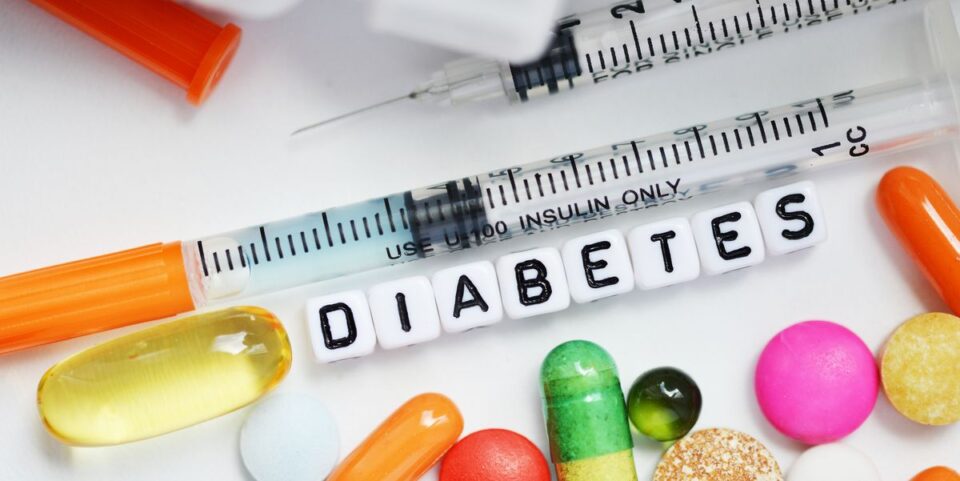Living with diabetes requires careful attention to diet, as certain foods can have a significant impact on blood sugar levels. While there are many foods that can be enjoyed in moderation, some should be avoided due to their potential to worsen diabetes symptoms and complications. Here are five of the deadliest foods for diabetes:
Sugary Beverages
Sugary drinks like soda, fruit punch, and sweetened teas can cause blood sugar levels to spike rapidly. They are also high in calories and can contribute to weight gain, which is a risk factor for diabetes complications.
Trans Fats
Trans fats are known to increase bad cholesterol levels and decrease good cholesterol levels, which can raise the risk of heart disease. They are commonly found in processed foods like baked goods, fried foods, and margarine. Trans fats can also increase insulin resistance, making it harder to control blood sugar levels.
White Bread, Rice, and Pasta
Foods made from refined grains, such as white bread, white rice, and white pasta, can cause a sharp increase in blood sugar levels. These foods are low in fiber and nutrients, which can further impact blood sugar control.
Full-Fat Dairy Products
While dairy products can be part of a healthy diet, full-fat versions can be high in saturated fats, which can increase the risk of heart disease. It’s important for people with diabetes to choose low-fat or fat-free dairy options to help manage their blood sugar levels.
Processed Meats
Processed meats like bacon, sausage, and deli meats are often high in sodium and unhealthy fats. They can also contain added sugars and preservatives, which can negatively impact blood sugar levels and overall health.
It’s important for people with diabetes to focus on a diet rich in fruits, vegetables, whole grains, lean proteins, and healthy fats. Avoiding these five deadliest foods can help manage blood sugar levels and reduce the risk of complications associated with diabetes. Always consult with a healthcare professional or a dietitian for personalized advice on managing diabetes through diet.

